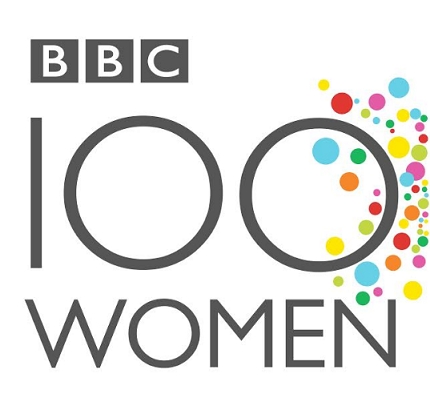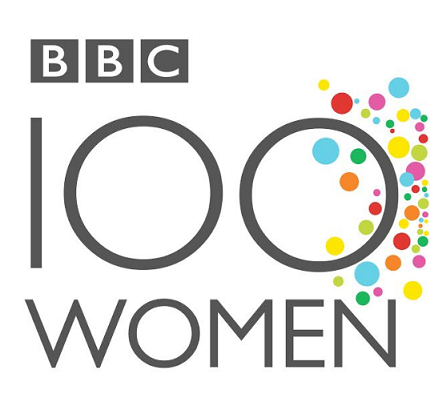
 BBC 100 Women: Is the internet sexist?
BBC 100 Women: Is the internet sexist?
BBC to partner with Wikipedia editors in a global 12 hour ‘edit-a-thon’
The BBC has announced a collaboration with Wikipedia editors around the world to hold a 12 hour global ‘edit-a-thon’ on Thursday 8th December 2016 to encourage more female editors on the site and increase articles about women. This multi-location, multilingual event is a partnership between the BBC and members of the Wikipedia community.
Recent figures show women are 27 times more likely to be abused online, and in the developing world nearly 25% fewer women than men have access to the Internet.* The absence of powerful females online is also apparent. Only an estimated 15% of Wikipedia editors are women and less than 17% of biographies are of women. And over the last three years, half of the BBC’s 100 women listed do not have a Wikipedia article.
Combining the reach and resources of both Wikipedia and the BBC World Service, the edit-a-thon will aim to make a visible impact on one of the world’s most visited websites which averages more than 18 billion page views per month.
It will run for a day across various global locations including Cairo, Delhi, Dhaka, Jerusalem, Islamabad, London, Glasgow, Miami, Moscow, Sao Paulo, Kabul, Kathmandu and Washington DC. Editors in locations around the world will add unrepresented women to the site, improve the existing coverage of women, and edit articles of their choosing.
Edits in languages including Arabic, Dari, Hausa, Hindi, Pashto, Persian, Russian, Spanish, Thai, Turkish, Urdu and Vietnamese will be recorded and live tweeted, with the shared hashtag #100womenwiki. The event will be shown on the BBC’s live page bbc.co.uk/100women, on BBC World News and on its social media platforms over the course of the day.
Fiona Crack, BBC 100 Women Editor, said:
“Working in news we know that women are more likely to share the stories they get online than men – but the internet can be a negative place for women. Instances of revenge porn and trolling are much higher for women. It seemed a fitting end to the season to find way of addressing some of that sexism. The edit-a-thon will see the BBC making content around some of the forgotten and exceptional women, who deserve profiles on Wikipedia, but who don’t currently appear. We’re hoping for new pages, new edits, added photos, better citations, longer articles and more women editing in more languages. This is an ambitious project, but enlisting women to contribute is a great way of making the internet less gender biased.”
Lucy Crompton-Reid, Chief Executive of Wikimedia UK, said:
“Wikimedia is committed to building an inclusive online community and ensuring that Wikipedia reflects our diverse society and is free from bias. We are very excited to be working with BBC 100 Women to encourage more women around the world to contribute to Wikipedia and increase coverage of women on the world’s free encyclopedia that anyone can edit.”
The edit-a-thon will mark the end of this year’s BBC’s 100 Women season which has seen three weeks of thought-provoking broadcast and online special reports, debates, programmes and journalism, running online at bbc.com/100Women, on BBC World News TV, and on the 29 global languages services of BBC World Service Group, as well as network news.
*Sources:
· If you’re a woman, you’re 27 times more likely to be abused online. (Networked Intelligence for Development,2015)
· If you’re doing research, only around 17%of notable profiles you’ll find on Wikipedia are of women. (Wikidata Human Gender Indicators, 2016)
· If you’re in the developing world, nearly 25% fewer women than the men around you have access to the Internet (Intel, 2012)
